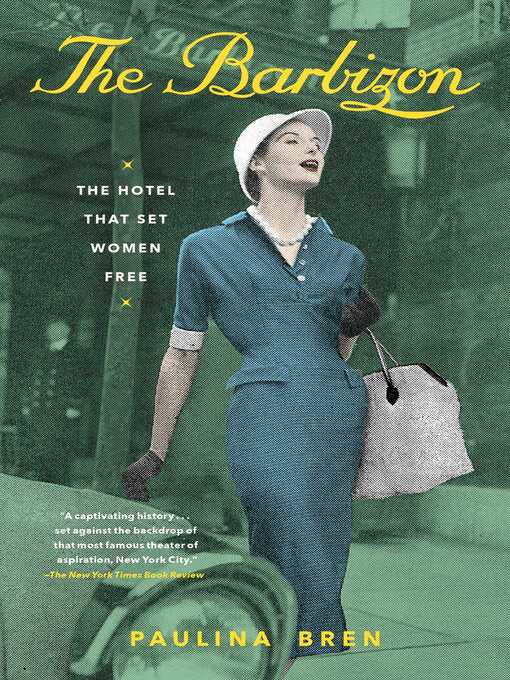- Available now
- New eBook additions
- New kids additions
- New teen additions
- Most popular
- Try something different
- See all ebooks collections
- Available now
- New audiobook additions
- New kids audiobook additions
- New teen additions
- Try something different
- See all audiobooks collections
- Let's Get Cooking!
- News and Politics
- Celebrity Magazines
- Popular Magazines
- See all magazines collections




